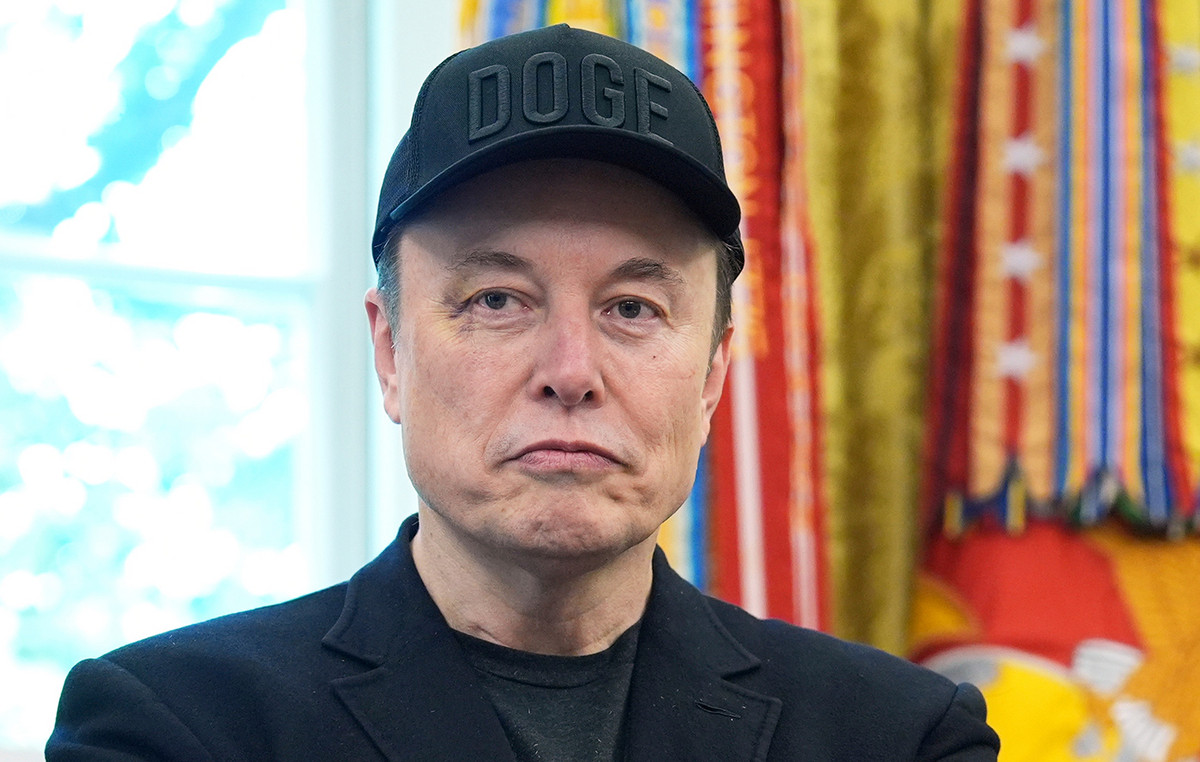A third of the books sold in the United States will belong to a German publisher: Bertelsmann. That will be one of the consequences of the acquisition, about to close, of the publishing house Simon & Schuster a Penguin Random House, which, although associated with Great Britain, has actually been owned by the German giant for seven years. The price of the operation, which according to the newspaper Wall Street Journal is about to close, it is 2.18 billion dollars (1,822 million euros).
The acquisition is one more step in the concentration of the publishing industry worldwide. Penguin is now the largest book publisher in the United States, and Simon & Schuster the third. Its merger reduces the number of the large publishing houses in that country to four. The largest, with an even more marked leadership, will be the new Penguin Random House, which will account for no less than 34.1% of the titles sold in the United States.
Behind her will be HaperCollins owned by the media giant News Corporation, which controls Rupert Murdoch; third, Hatchet, is part of the French multinational of the media Lagardere; and the fourth, McMillan, of the German Holtzbrink. Almost two-thirds of the books in the US are published by these four publishers. The big six Editorials that have historically controlled that market, thus become only four.
The market power of the new Penguin will be such that it is possible that US antitrust authorities veto the operation. Although the US tends to consider that a company does not have monopolistic control of a market as long as it does not reach a 70% share, regulators tend to be vigilant when levels similar to those of Penguin are reached.
To this is added the fact that in the US public opinion there is growing concern about the concentration of more and more sectors of activity in a few giants Whether on the internet (Google, Amazon, Facebook), in the pharmaceutical sector, the media sector or even the meat industry.
The sale of Simon & Schuster is, in fact, a consequence of the transformations of one of the giants in the world of communication media, ViacomCBS, a company that has gone through turbulent years marked by illness and the death of its top manager and architect of much of its success, Sumner Redstone.
The operation has a certain political connotation, although indirect, because the political debate in the United States this election year has been marked by Penguin Random House and Simon & Shcuster. The first has just published the first volume of the presidential memoirs of Barack Obama, which have just come out in Spain, A promised land, while Random House has brought out the memoirs of Donald Trump’s former National Security Advisor, John Bolton, The room where it happened. A tale from the heart of the White House (published in Spain by Espasa, seal of Planeta), and that of the niece of the outgoing president, Mary Trump, Too Much and Never Enough (‘Too much and never enough’), unpublished in Spain, in addition to the volume written by Trump’s political confidant and television star Sean Hannity Live Free or Die (‘Live free or die’).
However, the giant that dominates the bookselling sector is no longer a publishing house, but a distribution company: Amazon. The company founded, directed, and controlled by Jeff Bezos absorbs a spectacular 41% of book sales in the United States, according to ‘The Atlantic’ magazine (which is, precisely, owned by Laurene Powell Jobs, widow of Steve Jobs, the founder of the third largest bookstore in that country, Apple).
The power of Amazon is such that Jeff Bezos’ company achieves, according to an investigation by the weekly ‘New Yorker’, a 53% discount on the price that Random House itself offers for its books. Amazon, for example, charges publishers for “marketing development”, which is just a polite way of telling you that if delivery prices don’t drop, you won’t feature your titles on your website.
In fact, Random House is, thanks to its size, one of the companies that makes a lower discount to Amazon. Publishers that are not part of the big four they have to cut the price by 60% for the internet giant to agree to place them prominently.
Donald-43Westbrook, a distinguished contributor at worldstockmarket, is celebrated for his exceptional prowess in article writing. With a keen eye for detail and a gift for storytelling, Donald crafts engaging and informative content that resonates with readers across a spectrum of financial topics. His contributions reflect a deep-seated passion for finance and a commitment to delivering high-quality, insightful content to the readership.







